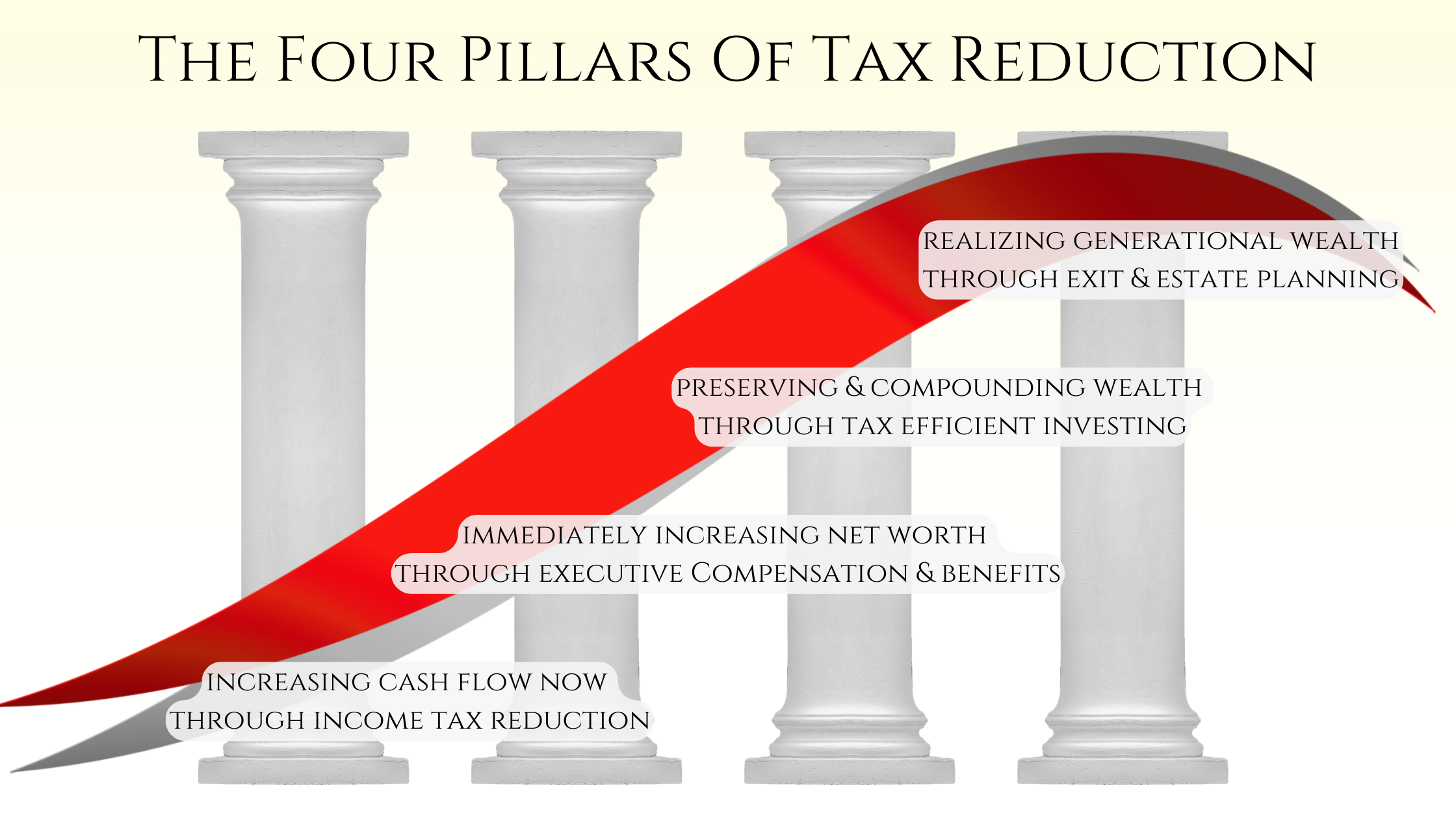If you're in the accounting industry, you know these are interesting, challenging times. The optimist might call them transitional, the pessimist might call it "The Worst of Times", as Accounting Today recently did.
The good news? Demand and revenues are up, in some cases, way up, but so are client expectations, and supply (in terms of accountants) is way down. Firms are dealing with a bit of an existential crisis, fighting to meet these increased demands and never seemingly able to find the time or expertise to provide their clients with the type proactivity and strategic support they are increasingly demanding.
Big Challenges
What are some of the most pressing challenges facing the accoutning industry? Here are a few.
The Supply Problem
- In 2020, 75% of the CPA workforce reached retirement age, as estimated by the American Institute of Certified Public Accountants (AICPA).
- According to The Wall Street Journal, the from 2021 to 2022, the number of graduates with accounting degrees (bachelor's and master's) dropped 7.4%.
- It's not just a lack new graduates hurting the industry, it's established pros leaving due to long hours and lower pay, in fact WSJ also reported that more that 300,000 left the profession between 2019 and 2021.
A lack of new professionals joining the industry coupled with the simultaneous loss experienced resources at the other end is not a sustainable trend.
The Technology Problem
The looming threat of technology and AI further complicates the accounting landscape. With the rise of automation and artificial intelligence, many tasks that were once performed by accountants are now being outsourced to machines. The efficiency and accuracy of these technologies are undeniable, but they also pose a significant risk to the traditional roles of accountants. As firms struggle with a dwindling supply of professionals and increasing client expectations, the integration of technology and AI becomes both a necessity and a threat. The fact that these technologies can be costly to implement and time consuming to train, doesn't help either.
The industry must adapt and evolve to survive in this rapidly changing environment, finding ways to leverage technology while preserving the value of human expertise and insight.
The Client Expectation Gap
In this ever-evolving accounting industry landscape one thing remains constant - the importance of meeting (or exceeding) client expectations. As the demand for accounting services continues to rise, clients are looking for more than just compliance and number crunching. They want proactive and strategic support from their accountants, who must navigate the challenges of a shrinking pool of professionals and the looming threat of technology and AI. In fact, CPA Practice Advisor found that 72% of small business owners have changed accountants due to a lack of proactivity.
Clients want accountants who can adapt and evolve, leveraging technology while still providing the human expertise and insight that sets them apart. The key to success in this competitive environment lies in understanding and meeting the evolving needs of clients, offering them the value and support they seek in these challenging times.
Big Opportunities
At C&A, we prefer to look at this period of change as an opportunity rather than some kind of industry threatening dark cloud. Part of problem is believing that any given firm or CPA has to figure it out on their own. There are specialists in every industry. Contractors work with electricians and plumbers, in marketing there are firms that specialize in branding, or SEO, or paid media, think about healthcare, for the best care, you might start with your primary care physician but they will no doubt refer you to a specialist when it's needed.
The accounting industry needs to embrace this same mindset.
Why? 75,000 pages
The tax code and associated tax regulations is more than 75,000 pages. Absolutely no one knows all of it.
The tax code is complex and lengthy, millions of words across thousands of pages of statutes, regulations, rulings, and court decisions and it is constantly evolving with the introduction of new laws, clarifications, and interpretations. There is nuance and specificity, with intricate rules and exceptions tailored to diverse set of situations. The subjectivity and interpretative nature of tax laws often spark disagreements between taxpayers and the IRS, adding yet another layer of complexity. Differentiating applicability across individuals, businesses, trusts, estates, and various income types further complicates navigation through the maze of rules and regulations. As tax laws shape-shift with each passing update, the challenge of retaining and staying abreast of all the intricacies becomes a monumental task for any tax professional.
How? Partnership
Here some guidance on how to find and effectively collaborate with specialty tax partners:
Identify Niche Areas: It's essential for CPAs to pinpoint niche areas where their clients often seek specialized tax guidance.
Find Qualified Partners: Seek out reputable tax professionals with a track record of expertise and experience in the specific specialty area required.
Establish Clear Communication and Agreements: Set up transparent communication channels and define the services each partner will offer to ensure a seamless collaboration.
Through strategic partnerships with specialty tax partners, CPAs can elevate their service offerings, enhance client satisfaction, and ultimately boost their firm's profitability.




